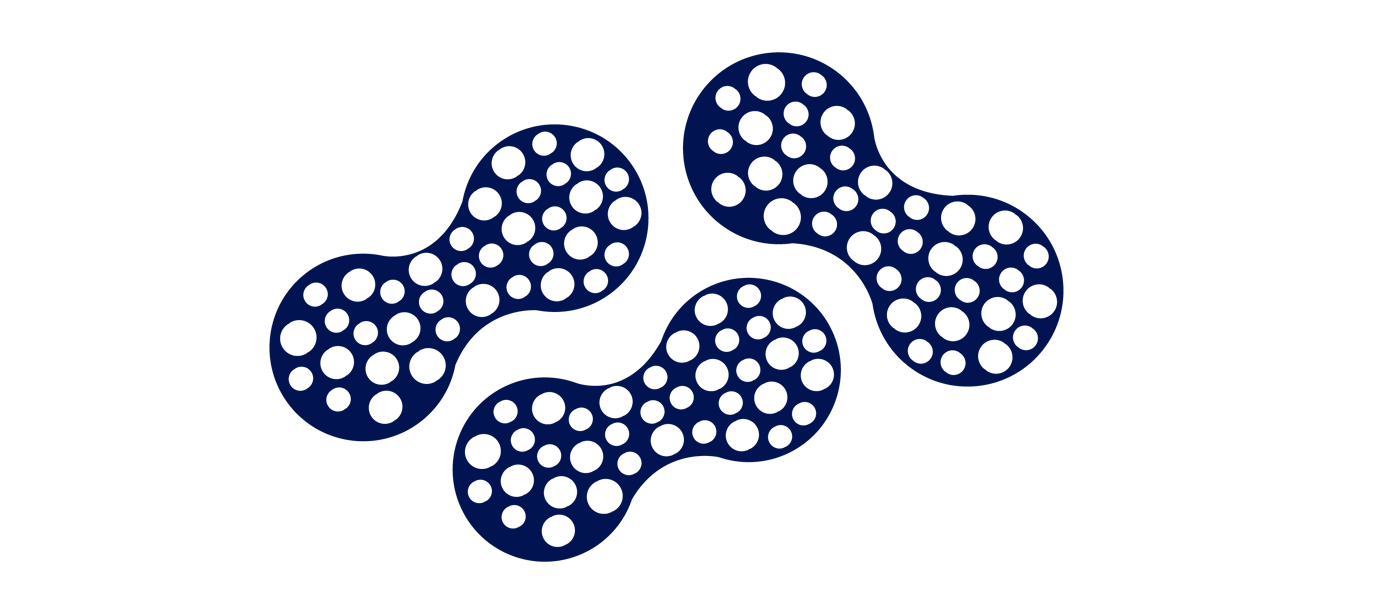SalmoSim: Optimizing Aquafeed for Sustainable Aquaculture
SalmoSim is an innovative start-up from the University of Glasgow, dedicated to addressing key issues in aquaculture. The project focuses on finding optimal aquafeed that maximizes output while promoting sustainability. SalmoSim, a gut simulator that mimics the digestive system of Atlantic salmon, was first developed in 2016.
The Vision
The vision behind SalmoSim is to create a reliable in vitro model for testing the digestibility of ingredients in new feeds and their effects on the gut microbiomes of salmon. This technology aims to enhance the efficiency and sustainability of aquaculture practices.

Development and Features
SalmoSim was developed through a collaborative research project involving the University of Glasgow, University College Cork, and industry partners Alltech, Mowi, and Nofima. The project received partial funding from the Sustainable Aquaculture Innovation Centre (SAIC).
Key features of SalmoSim include:

Gut Simulation
The model simulates three gut components of Atlantic salmon using a series of linked bioreactors.

Microbial Stability
The system inoculates gut compartments with microbes and biofluids found in adult farmed salmon, ensuring the stability and representativeness of microbial communities.

Diet Testing
The model compares the effects of different feeding regimes on the microbiome composition of live salmon and the SalmoSim system.
Support from the College of Medical, Veterinary & Life Sciences (MVLS)
The College of Medical, Veterinary & Life Sciences (MVLS) Translational Research Initiative played a crucial role in supporting the SalmoSim project. After initial external BBSRC funding (2016-2019) the BBSRC Impact Accelerator Account supported the development of the SalmoSim piepline. This helped in successful deployment of digestibility assays for 4 trial clients and a further opportunity to refine the assay with a commercial partner, Alltech – Coppens PLC.
In 2021, MVLS TRI supported SalmoSim with a BBSRC IAA fund of £41K for improving analyses to match the in vivo field data from the industrial partner, Alltech-Coppens PLC. This crucial funding enabled SalmoSim to mimic the in vivo trials and competitively position the technology to provide data on the digestibility of new ingredients for salmon feed.
Impact and potential
SalmoSim has successfully calibrated the operating conditions for its bioreactor system, ensuring accurate simulation of the salmon gut environment. The project has demonstrated that the microbial responses to different feeding regimes in the SalmoSim model are comparable to those in live salmon.
In 2020, SalmoSim entered its first commercial contract, marking a significant milestone in its journey. The technology has the potential to revolutionize aquaculture by providing a reliable tool for optimizing aquafeed and improving the sustainability of fish farming practices.
Future prospects
The SalmoSim team continues to refine and expand their technology, aiming to provide a comprehensive diagnostic service for the aquaculture industry. Their ultimate goal is to enhance the efficiency and sustainability of aquaculture, benefiting both producers and the environment.
Explore More About Planetary Health
Planetary Health aims to understand how environmental changes affect the health of humans, animals and ecosystems, and to find and evaluate new ways to mitigate these threats.

